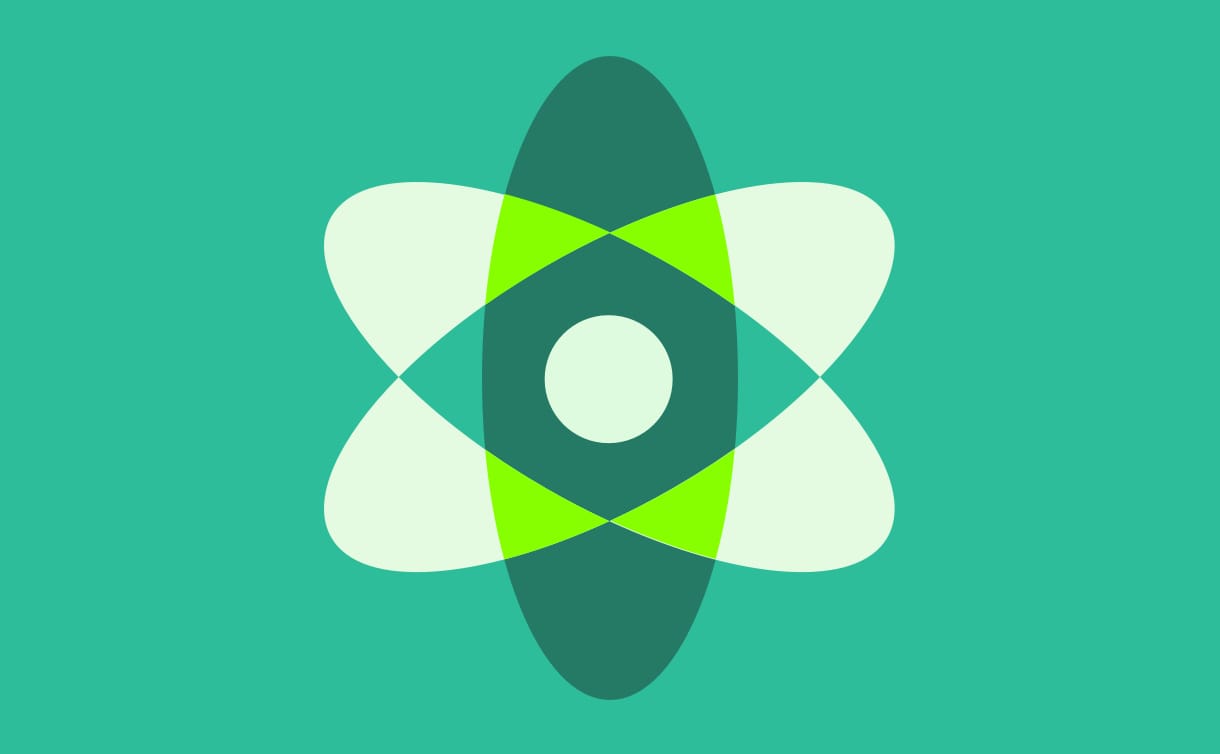
Navigating Mental Fog: Exploring Brain Fog Vitamins
Understanding Brain Fog
Brain fog, a common phenomenon characterized by mental fogginess, forgetfulness, and lack of clarity, can significantly impact daily life. From struggling to concentrate on tasks to experiencing memory lapses, brain fog can hinder productivity and overall well-being. However, by understanding the underlying causes and exploring potential solutions, individuals can effectively navigate through mental fog and regain cognitive clarity.
Identifying Nutritional Deficiencies
Nutritional deficiencies are often linked to brain fog, as certain vitamins and minerals play crucial roles in brain function and cognitive health. For instance, deficiencies in vitamin B12, vitamin D, magnesium, and omega-3 fatty acids have been associated with cognitive impairment and brain fog. Therefore, identifying and addressing these deficiencies through dietary changes and supplementation may help alleviate symptoms of mental fogginess.
Exploring Essential Brain Fog Vitamins
Several vitamins and nutrients have shown promise in supporting cognitive function and combating brain fog. Vitamin B12, known for its role in nerve function and red blood cell production, is essential for maintaining cognitive health. Additionally, vitamin D, often referred to as the “sunshine vitamin,” plays a vital role in mood regulation and cognitive performance. Furthermore, magnesium and omega-3 fatty acids are crucial for brain health, supporting neurotransmitter function and reducing inflammation.
Vitamin B12: The Brain Booster
Vitamin B12 plays a key role in the synthesis of neurotransmitters and the maintenance of myelin, a protective sheath around nerve fibers. A deficiency in vitamin B12 can lead to neurological symptoms, including brain fog, memory problems, and difficulty concentrating. Incorporating vitamin B12-rich foods such as meat, fish, dairy products, and fortified cereals into the diet, or taking B12 supplements, may help alleviate symptoms of mental fog and improve cognitive function.
Harnessing the Power of Vitamin D
Vitamin D deficiency has been linked to cognitive impairment and mood disorders, both of which can contribute to brain fog. Adequate levels of vitamin D are essential for brain health, as vitamin D receptors are found throughout the brain. Sunlight exposure, fortified foods, and vitamin D supplements are effective ways to maintain optimal vitamin D levels and support cognitive function.
Magnesium: The Calming Mineral
Magnesium is involved in over 300 biochemical reactions in the body, including those related to brain function and neurotransmitter activity. A deficiency in magnesium can disrupt neuronal signaling and contribute to symptoms of brain fog, anxiety, and depression. Incorporating magnesium-rich foods such as leafy greens, nuts, seeds, and whole grains into the diet, or taking magnesium supplements, may help alleviate mental fogginess and promote cognitive clarity.
Omega-3 Fatty Acids: Brain Food
Omega-3 fatty acids, particularly eicosapentaenoic acid (EPA) and docosahexaenoic acid (DHA), are essential for brain health and cognitive function. These fatty acids play crucial roles in neurotransmitter synthesis, neuronal membrane integrity, and inflammation regulation. Consuming omega-3-rich foods such as fatty fish, flaxseeds, chia seeds, and walnuts, or taking omega-3 supplements, may support cognitive function and alleviate symptoms of brain fog.
Consulting with a Healthcare Professional
While nutritional supplements can be beneficial for addressing nutritional deficiencies and supporting cognitive health, it’s essential to consult with a healthcare professional before starting any supplementation regimen. A healthcare provider can assess individual needs, recommend appropriate supplements, and monitor progress to ensure safe and effective supplementation. Additionally, addressing underlying medical conditions, managing stress, getting adequate sleep, and adopting healthy lifestyle habits are integral components of managing brain fog and promoting overall cognitive wellness. Read more about brain fog vitamins




